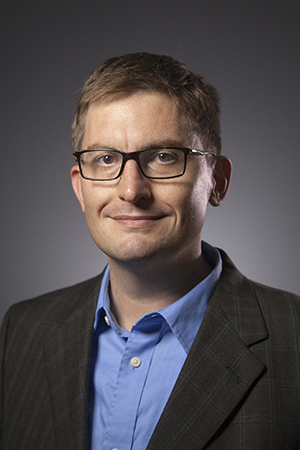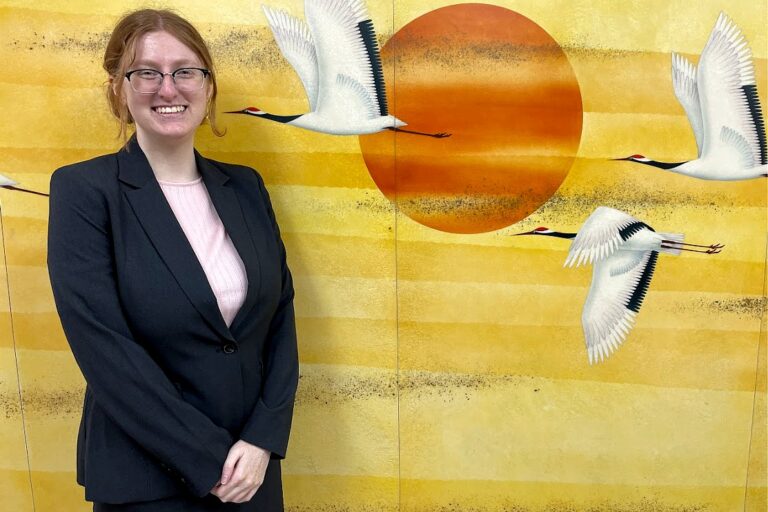Hoping to bridge data science and the humanities, Michigan State University researcher Sean Pue will use a fellowship from the Andrew W. Mellon Foundation to study the role of sound in modern South Asian poetry.

Pue, director of digital humanities and associate professor of South Asian literature and culture, is the first MSU faculty member to receive a Mellon New Directions Fellowship, which promotes cross disciplinary research by assisting humanities faculty with training outside their discipline. He is one of 12 faculty members from across the nation to receive the award.
A self-taught programmer, Pue will use the $213,000 award to pursue training in computational mathematics, computer science and natural language processing.
“My project will address an understudied aspect of one of the most enduring questions in South Asian literary studies — namely the relationship between language and community — through a completely new method,” Pue said. “That method will contribute to the preservation of cultural forms in the region through the collection of data. It will also help internationalize the field of digital humanities.”
Specifically, Pue will use computational tools to study rhyme, stress and patterns of repetition and compare written text and performance.
In South Asia, oral recitation of poems plays a central role in every day life, including political activism and mobilization, he said.
Specifically, Pue will use computational tools to study rhyme, stress and patterns of repetition and compare written text and performance. By creating digital texts and performances for Hindi and Urdu, Pue hopes to develop best practices for encoding for linguists and scholarship librarians. MSU Libraries will preserve the data he creates and collects.
In addition to taking courses, Pue will make two research visits to India and Pakistan and will attend two language conferences.
“Sean could have gone anywhere to pursue his leading-edge digital humanities research into the sounds that distinguish and connect Hindi and Urdu poetry,” said Christopher Long, dean of the College of Arts & Letters. “It is a great testament to MSU’s strengths in computational data science and natural language processing that Sean chose to remain here for the training he needs. This project is part of an emerging strength in culturally engaged digital humanities at MSU and Mellon’s support for Sean’s work is a telling sign of the quality of the scholarship our faculty is producing.”
Article originally published on MSUToday. April 19, 2016 | Kristen Parker


